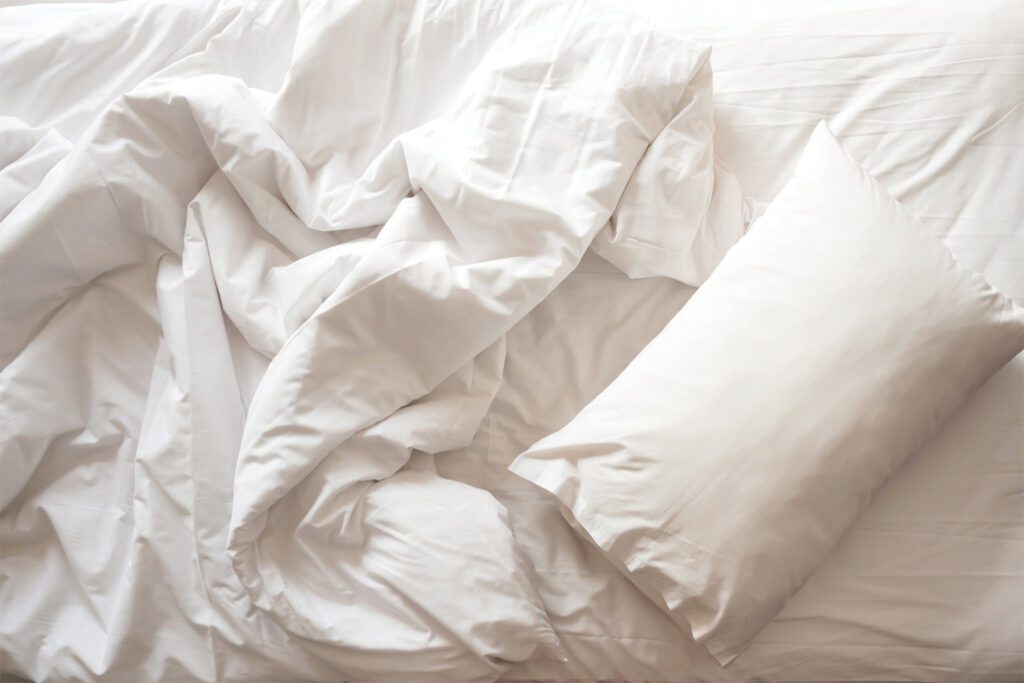Hug It Out: 5 Health Benefits of Hugging
Who knew a simple hug could be so powerful? While the health benefits associated with hugs are many, here are just a few you can feel good about:
1. Hugs reduce stress.
Hugging causes the body to release oxytocin, often called the feel-good hormone, which induces anti-stress-like effects. Speaking of hormones, hugs also reduce the secretion of cortisol, also known as the stress hormone.
2. Hugs improve your sleep.
Cortisol is also closely linked to your sleep patterns and circadian rhythm. Since hugs keep cortisol in check, you can benefit from better, more consolidated sleep.
3. Hugs strengthen your immune system.


A hug (or more) a day really can keep the doctor away. By stimulating the thymus gland, hugs can help regulate your body’s production of white blood cells, which are necessary to fight off disease.
4. Hugs make you happier.
It’s been proven that hugs have a significant impact on mood. Hugs can turn a negative mood around and also reduce feelings of loneliness.
5. Hugs boost heart health.
Research suggests that hugging lowers your heart rate and blood pressure, ensuring a healthier heart.
What Happens When You Don’t Change Your Sheets
If changing your bed sheets is high on your list of least favorite chores, you’re in good company. It’s been reported that the average person changes their sheets about every 24 days – even though experts recommend weekly changings. So, what exactly can you expect when you don’t change your sheets regularly?
- You’ll attract dust mites. Your body sheds millions of skin cells every day – and most of them slough off at night in bed. Unfortunately, these dead skin cells start to pile up and provide a bountiful feast for dust mites. And if you sleep with your pet, that means double the trouble. Dust mites trigger allergies and asthma and can exacerbate eczema in those who are prone to it.
- You’ll also invite fungi and bacteria into your bed. Unwashed sheets can become home base for a number of undesirable organisms, fungi and bacteria included. In fact, a study found that a pillowcase that’s been unwashed for a week harbors more bacteria than a toilet seat. The presence of bacteria could lead to infection, while fungi is bad news for asthma sufferers.
- Your acne could worsen. Experiencing an unexplained breakout? You might want to look to your unwashed pillowcase. That’s because the dead skin, dirt, and bacteria embedded in your pillowcase has the potential to clog your pores. Experts recommend changing your pillowcase every two to three days to keep your skin looking its best.



What Happens When You Don’t Change Your Sheets
If changing your bed sheets is high on your list of least favorite chores, you’re in good company. It’s been reported that the average person changes their sheets about every 24 days – even though experts recommend weekly changings. So, what exactly can you expect when you don’t change your sheets regularly?
- You’ll attract dust mites. Your body sheds millions of skin cells every day – and most of them slough off at night in bed. Unfortunately, these dead skin cells start to pile up and provide a bountiful feast for dust mites. And if you sleep with your pet, that means double the trouble. Dust mites trigger allergies and asthma and can exacerbate eczema in those who are prone to it.
- You’ll also invite fungi and bacteria into your bed. Unwashed sheets can become home base for a number of undesirable organisms, fungi and bacteria included. In fact, a study found that a pillowcase that’s been unwashed for a week harbors more bacteria than a toilet seat. The presence of bacteria could lead to infection, while fungi is bad news for asthma sufferers.
- Your acne could worsen. Experiencing an unexplained breakout? You might want to look to your unwashed pillowcase. That’s because the dead skin, dirt, and bacteria embedded in your pillowcase has the potential to clog your pores. Experts recommend changing your pillowcase every two to three days to keep your skin looking its best.

